Table of Contents
Quality Service Guarantee Or Painting Free

Get a rental agreement with doorstep delivery

Find the BEST deals and get unbelievable DISCOUNTS directly from builders!

5-Star rated painters, premium paints and services at the BEST PRICES!
Loved what you read? Share it with others!
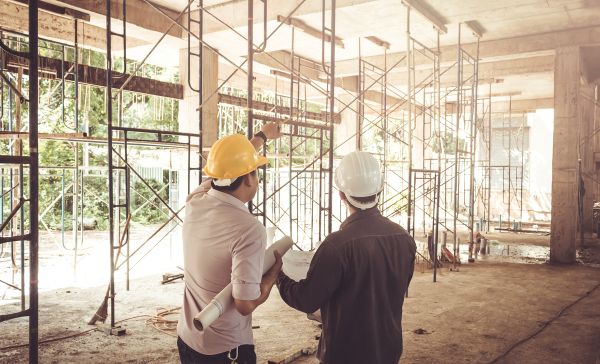
PMAY: Pradhan Mantri Awas Yojana Online Application Process 2026
Table of Contents
The Pradhan Mantri Awas Yojna is a primary initiative started by the Ministry of Housing and Urban Affairs (MoHUA) in a bid to provide pucca residential ‘Housing for all’ by 2026. The scheme's main objective is to provide benefits and subsidies to the economically weaker sections of the society to directly aid them in building a pucca house for themselves. The PMAY initiative was started on 25th June 2015 and since then a lot of rules and regulations related to the features and parameters for adding beneficiaries have been revised to facilitate more inclusion throughout the society. Let's take a look at how to apply for Pradhan Mantri Awas Yojana Online. Usually, the application process for government-based sites does not change, but if any changes are made - public notice is regulated before a few days of the enactment of the amendment.
Pradhan Mantri Awas Yojana Features
With the country’s population growing at an exponential rate, the government felt a need to provide affordable housing for the growing population base. The Pradhan Mantri Awas Yojna was started on 25th June 2015 and covers all statutory towns as per Census 2011 and other towns notified afterwards. Through the scheme, the government aims to provide central help or assistance to the implementing agencies and the Central Nodal Agencies. Through this social welfare program, anyone who is eligible can avail of a home loan subsidy of up to 6.5% on the home loan interest rate.
The following are a few of the most important features of the Pradhan Mantri Awas Yojna 2026:
Quality Service Guarantee Or Painting Free

Get a rental agreement with doorstep delivery

Find the BEST deals and get unbelievable DISCOUNTS directly from builders!

5-Star rated painters, premium paints and services at the BEST PRICES!
- Under the PMAY scheme, the subsidy interest rate slab is fixed at 6.50% per annum on housing loans for a period of 20 years to all the beneficiaries.
- Senior Citizens and Differently Abled beneficiaries of the PMAY scheme will get preference while allocating ground floor houses.
- Use of sustainable and eco-friendly technology for the construction of houses under the PMAY scheme.
- The PMAY scheme currently includes the entire urban areas in the country which in turn includes 4041 statutory towns where the first priority is given to 500 cities called “Class I”. This is planned to be completed in 3 phases.
- The credit linked subsidy scheme gets implemented from the initial stages of the procedure and it gets implemented in India in all the towns falling under the PMAY scheme.
Pradhan Mantri Awas Yojana Eligibility
The PMAY scheme is all-inclusive and aims to provide benefits to everyone falling under the economically weak or recovering sections of society. The parameters deciding the beneficiaries of the PMAY scheme are as follows:
- An eligible beneficiary family consists of husband, wife and unmarried children. If the family has an adult earning member, they can be treated as a separate household altogether irrespective of their marital status at the time of application.
- Beneficiaries of PMAY primarily contain sections of societies divided in the form of Middle-Income Groups (MIGs), Low-income Groups (LIGs) and Economically Weaker Section (EWS). This classification helps in making the process more convenient.
- In the case of a married couple, either one of the spouses or both together in joint ownership will be deemed eligible for availing a single house if they fall under one of the economically needy categories mentioned in the scheme.
- To empower females from the economically weaker sections, the unit should either be solely owned by the female head of the family or jointly owned by the male and female head of the household. Under circumstances where an adult female is not present in the household, the unit can be under the name of the male head of the household.
- A family shouldn’t own a pucca household in any part of the country either on his/her name or any immediate dependent member of their family.
- Should have not availed any form of Central assistance under any other housing scheme introduced by the Government of India.
| Beneficiary | Annual Income |
| Middle Income Group I (MIG I) | Rs.6 lakh to Rs.12 lakh |
Middle Income Group I (MIG II) | Rs.12 lakh to Rs.18 lakh |
| Rs.3 lakh to Rs.6 lakh | Rs.3 lakh to Rs.6 lakh |
| Economically Weaker Section (EWS) | Up to Rs.3 lakh |
Type of PMAY Scheme
India is a huge country with an area of 3.287 million km² and an estimated population of 1.2 billion people, which continues to grow exponentially with each passing day. Carrying out a benefits scheme for such a large area with such a diverse population mix is not an easy task. That is the main reason why the procedures of the Pradhan Mantri Awas Yojna scheme is carried out in a demographic manner catering to the Urban and Rural population differently. Let’s take a look at how the scheme differs from urban to rural areas.
Pradhan Mantri Awas Yojana – Gramin (PMAY-G)
The Pradhan Mantri Awas Yojna - Gramin was earlier known as Indira Awas Yojna. The scheme was renamed on 20th November 2016 by the Narendra Modi led BJP government and since then, a lot of regulatory frameworks and initiatives have been introduced through the PMAY-G scheme. The PMAY-G scheme focuses extensively on providing a pucca house for the rural sections. Under this scheme, the beneficiaries are selected based on the housing deprivation parameters of the Socio-Economic and Caste Census (SECC), 2011. The entire procedure is subject to 13-point exclusion criteria. Upon successful completion of all the criteria, a mandatory verification by the members of the Gram Sabha is required. The key features of PMAY-G are:
- Pucca house for all
- Monetary Assistance of up to ₹1.3 lakhs
- Cost-sharing of the unit between state and centre- The ratio of 60:40 for plain regions and 90:10 for North-Eastern and Hilly areas.
- Up to ₹12,000 extra assistance for the construction of toilets
- Minimum Area of the housing unit to be 25 sq. meters
- Employment Assistance through Mahatma Gandhi National Rural Employment Guarantee Scheme.
You may need these documents to apply for the PMAY-G scheme:
- Identity proof like Aadhar card or Voter ID
- Bank account details
- Swachh Bharat Mission registration number
- Job card number (as registered under MGNREGA)
- Consent to use your Aadhar information
- An affidavit stating that you (or your family members) do not own a pucca house anywhere in the country.
How To Apply for Pradhan Mantri Awas Yojana Gramin Online
As mentioned above, the PMAY-G scheme selects beneficiaries based on the Socio-Economic Caste Census of 2011 (SECC). However, the scheme allows online registration of beneficiaries for PMAY-G. The steps to apply for Pradhan Mantri Awas Yojana-Gramin online:
- Visit the official website of Pradhan Mantri Awas Yojana Gramin: https://pmayg.nic.in/
- Fill in the required details.
- Enter your credentials like the Aadhar card number and click on the ‘Search’ button to find the beneficiary's name.
- Once the name appears on the screen, click on ‘Select to Register’.
- Verify the auto-filled details and add the remaining details needed.
- Proceed after providing your consent form, bank account details, MGNREGA number, and Swachh Bharat Mission number.
- Your registration number will be generated after successful completion.
Pradhan Mantri Awas Yojana – Urban (PMAY-U)
As the name suggests, this is the part of the Pradhan Mantri Awas Yojna which is applicable in the urban areas of the country. Through this scheme, the government will provide an interest subsidy of:
- 6.5% for Economically Weaker Section (EWS) / Low Income Group (LIG)
- 4% for Middle Income Group (MIG - I)
- 3% for Middle Income Group (MIG - II)
These interest rates are applicable on housing loans availed by eligible beneficiaries of the PMAY-U for a tenure of 20 years through the Credit Linked Serviced Scheme (CLSS). The government aims to implement the PMAY-U in a phased manner with 3 different phases:
- Phase 1: April 2015 to March 2017- The government targeted 100 cities in different states and UTs across the country.
- Phase 2: April 2017 to March 2019- The government targeted 200 more cities in different states and UTs across the country
- Phase 3: April 2019 - March 2022- The government targeted to cover the cities left out in Phase 1 and Phase 2 of the PMAY-U scheme
As per the official website of the Ministry of Housing and Urban Affairs, the progress so far in PMAY Urban stands at:
- Houses sanctioned: 112.52 Lakhs
- Houses grounded for construction: 82.46 lakh
- Houses completed: 48.31 lakh
- Central Assistance Committed: 1.81 Lakhs Cr
- Central Assistance Released: 96067 Cr
- Total Investment: 7.35 Lakh Cr
Features and Benefits Mentioned in the PMAY-U Scheme
- “In-situ” Slum Redevelopment (ISSR): The centre provides assistance of ₹ 1lakh for people living in slum areas. The scheme has partnerships with private developers for rehabilitating slum areas in a state or UT.
- Credit Linked Subsidy Scheme (CLSS): This is similar to the PMAY-G. Through this scheme, an eligible individual is entitled to receive a subsidy of up to ₹ 2.67 lakh under Economically Weaker Section/Low Income Group, ₹ 6 Lakh under Mid Income Group 1 & ₹ 9 lakh under Mid Income Group 2. This subsidy is applicable on home loan rates for buying or purchasing a house. The interest rate is also subsidised and fixed at 6.5%, 4% and 3% for Economically Weaker Section (EWS), Middle Income Group (MIG) 1- & Middle-Income Group (MIG) 2.
- Affordable Housing in Partnership (AHP): The centre assists with ₹ 1.5 lakhs per house if a minimum of 35% of the houses in the entire project is from the EWS category.
- Beneficiary-led individual house construction/enhancements (BLC): If an individual can’t avail the benefit of the above-mentioned schemes, the centre provides assistance of ₹ 1.5 lakhs for the construction of a pucca house measuring up to 21 sq. meters to 30 sq. meters.
How to Apply for Pradhan Mantri Awas Yojana Urban Online
- Log in to the official website of PMAY(U). https://pmaymis.gov.in/
- Choose ‘Slum Dwellers’ or ‘Benefits Under 3 Components’ under Citizen Assessment (whichever applies to you).
- Check Aadhar No., the system will need to verify your Aadhar details next
- Fill in the details given in the form. Make sure the details are correct and true to your knowledge.
- Once you have filled in all the details, scroll down, enter the captcha and click on the submit button for Captcha verification. Your application process is complete post successful verification.
Note: You can edit the form using your Application & Aadhar no. in case of any discrepancies found in the information provided.
The procedure for the Pradhan Mantri Awas Yojana Online Application is simple, but it requires real-time knowledge of the current rules and ongoing regulations and conventions. The scheme aims to provide the joy of owning a house to even the weakest section of society. The joy of owning a house- that's something we at NoBroker would love to assist someone with. Find out your dream house on NoBroker and save big by giving no Brokerage. Click below to find brokerage free properties near you.
Frequently Asked Questions?
Ans. The Pradhan Mantri Awas Yojna is a primary initiative started by the Ministry of Housing and Urban Affairs (MoHUA) in a bid to provide pucca residential ‘Housing for all’ by 2026. The scheme's main objective is to provide benefits and subsidies to the economically weaker sections of the society to directly aid them in building a pucca house for themselves. The PMAY initiative was started on 25th June 2015 and since then a lot of rules and regulations related to the features and parameters for adding beneficiaries have been revised to facilitate more inclusion throughout the society.
Ans. Any individual falling under the defined economic slabs of the PMAY can avail of the benefits. Beneficiaries of PMAY primarily contain sections of societies divided in the form of Middle-Income Groups (MIGs), Low-income Groups (LIGs) and Economically Weaker Sections (EWS). This classification helps in making the process more convenient.
Ans. The steps to apply for PMAY Urban online:
1. Log in to the official website of PMAY(U). https://pmaymis.gov.in/
2. Choose ‘Slum Dwellers’ or ‘Benefits Under 3 Components’ under Citizen Assessment (whichever applies to you).
3. Check Aadhar No., the system will need to verify your Aadhar details next
4. Fill in the details given in the form. Make sure the details are correct and true to your knowledge.
5. Once you have filled in all the details, scroll down, enter the captcha and click on the submit button for Captcha verification. Your application process is complete post successful verification.
Ans. Through this scheme, an eligible individual is entitled to receive a subsidy of up to ₹ 2.67 lakh under Economically Weaker Section/Low Income Group, ₹ 6 Lakh under Mid Income Group 1 & ₹ 9 lakh under Mid Income Group 2. This subsidy is applicable on home loan rates for buying or purchasing a house. The interest rate is also subsidised and fixed at 6.5%, 4% and 3% for Economically Weaker Section (EWS), Middle Income Group (MIG) 1- & Middle-Income Group (MIG) 2.
Ans. Based on the demographic area, the PMAY scheme can be classified into two types:
1. PMAY-U (Pradhan Mantri Awas Yojna- Urban)
2. PMAY-G (Pradhan Mantri Awas Yojna- Gramin)
Recommended Reading
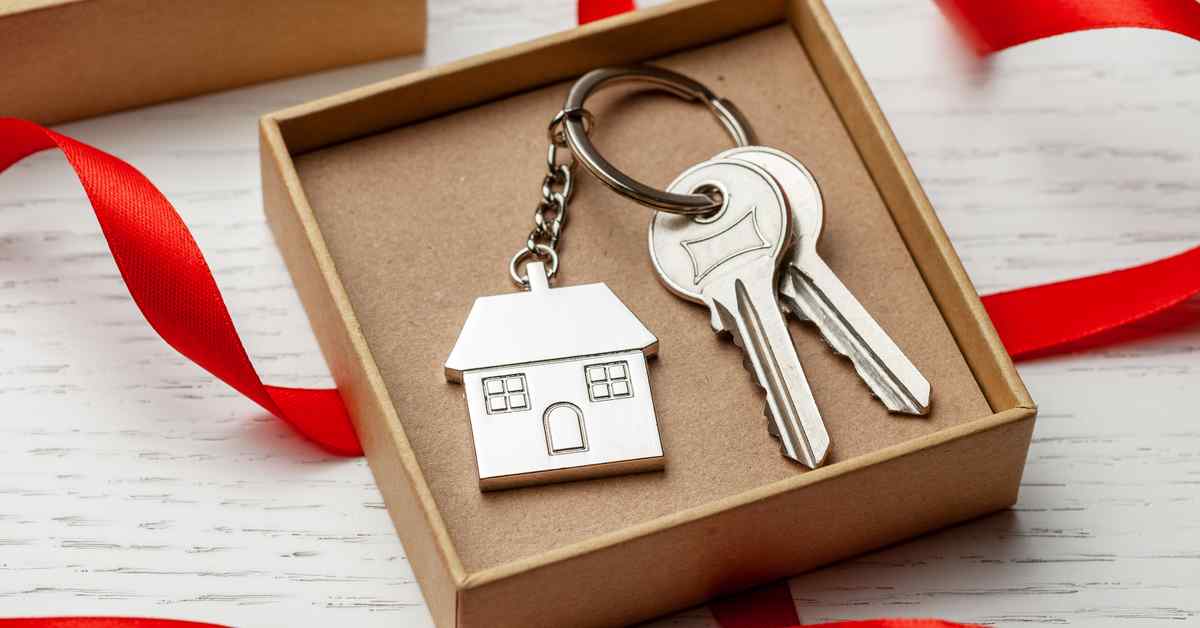
CIDCO Lottery: Application Process, Eligibility, Flat Prices and Dates in 2026
April 30, 2025
138910+ views
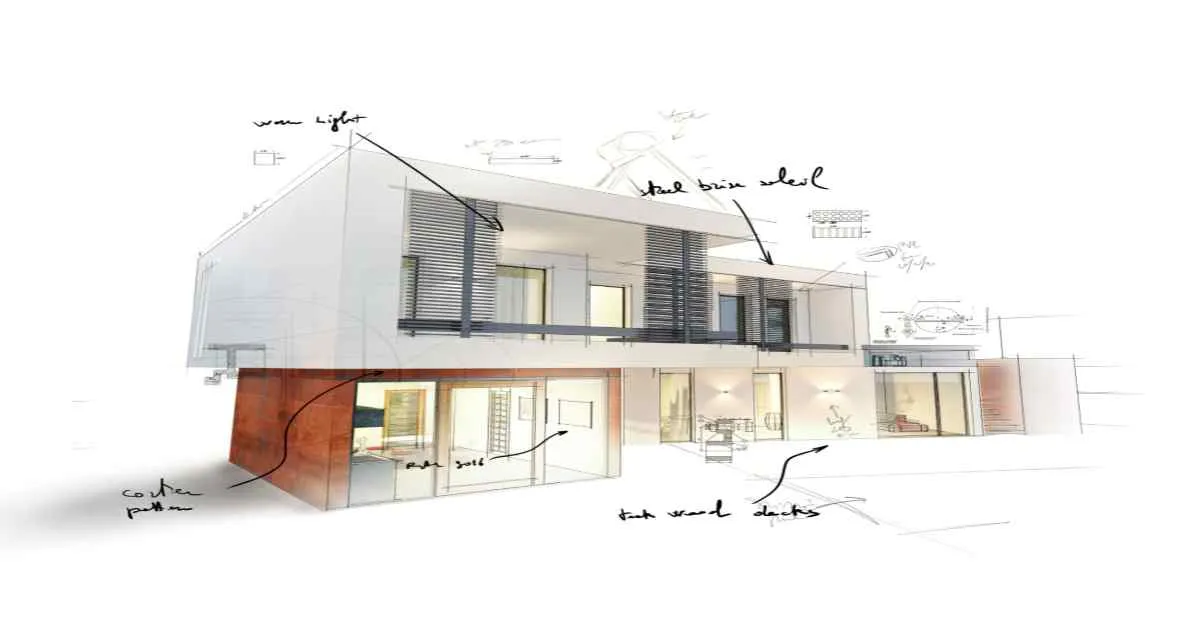
5 Lakh Budget House Plans With Smart Layouts and Cost-Effective Designs in 2026
January 31, 2025
89811+ views
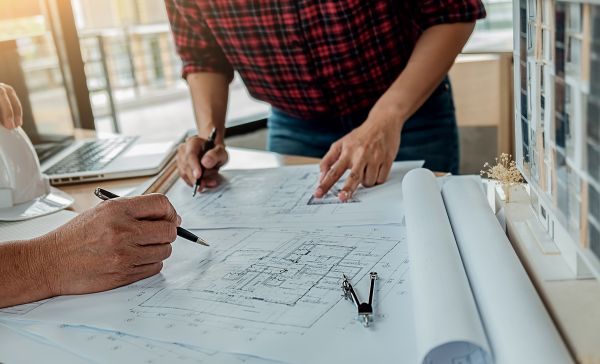
Builder Floors: A Budget-Friendly Path to Your Dream Home in 2026
January 31, 2025
57943+ views
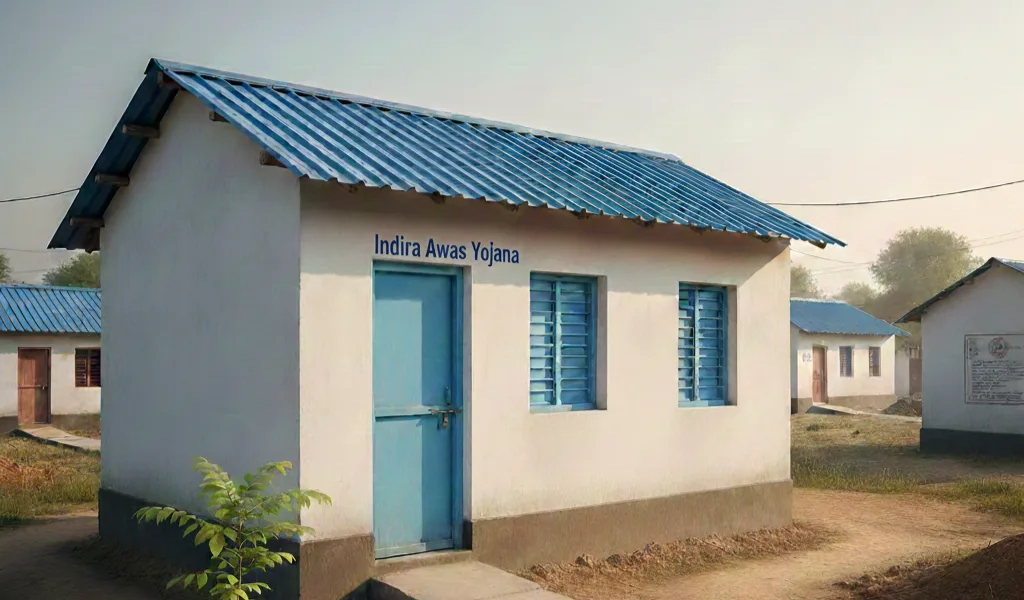
Indira Awas Yojana 2026: Meaning, Application, Documentation and Benefits in India
January 19, 2026
41212+ views
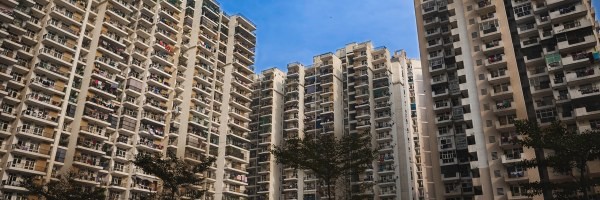
GPRA And the Pool of Information You Need to Know About How to Apply
April 10, 2021
31693+ views
Loved what you read? Share it with others!
Most Viewed Articles
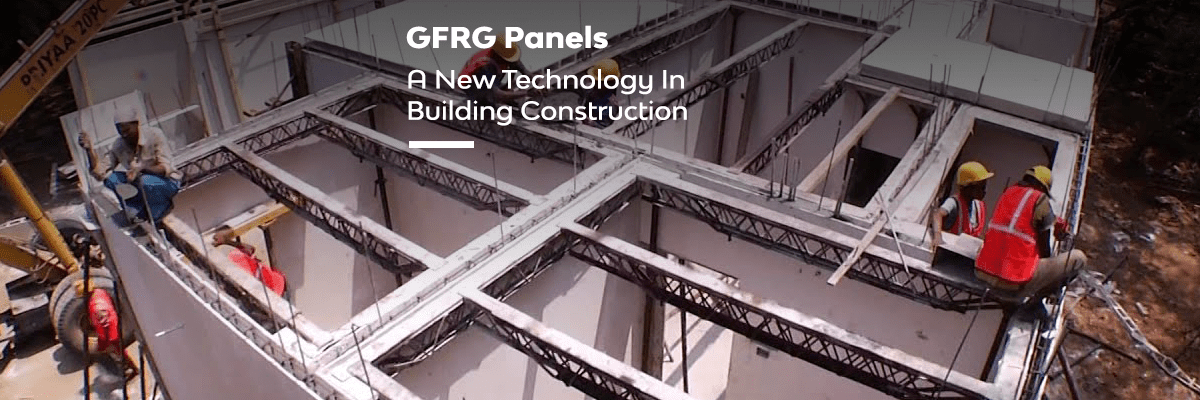
GFRG Panels: A New Technology in Building Construction
January 31, 2025
261920+ views
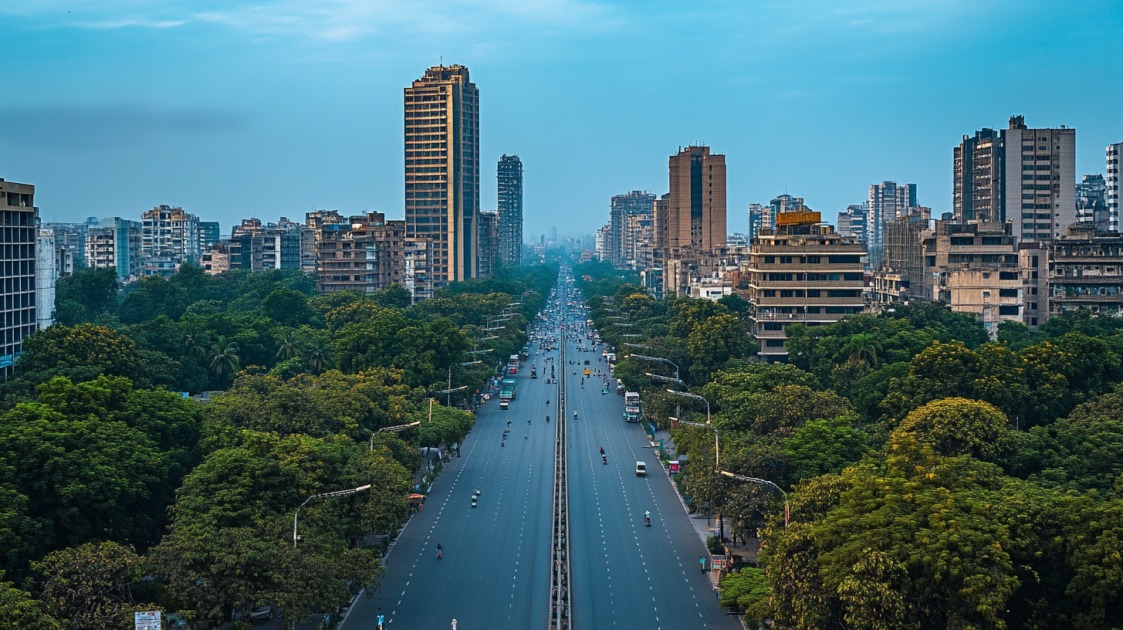
Top Cleanest Cities in India: Swachh Survekshan Top Ranked List
July 25, 2025
225079+ views
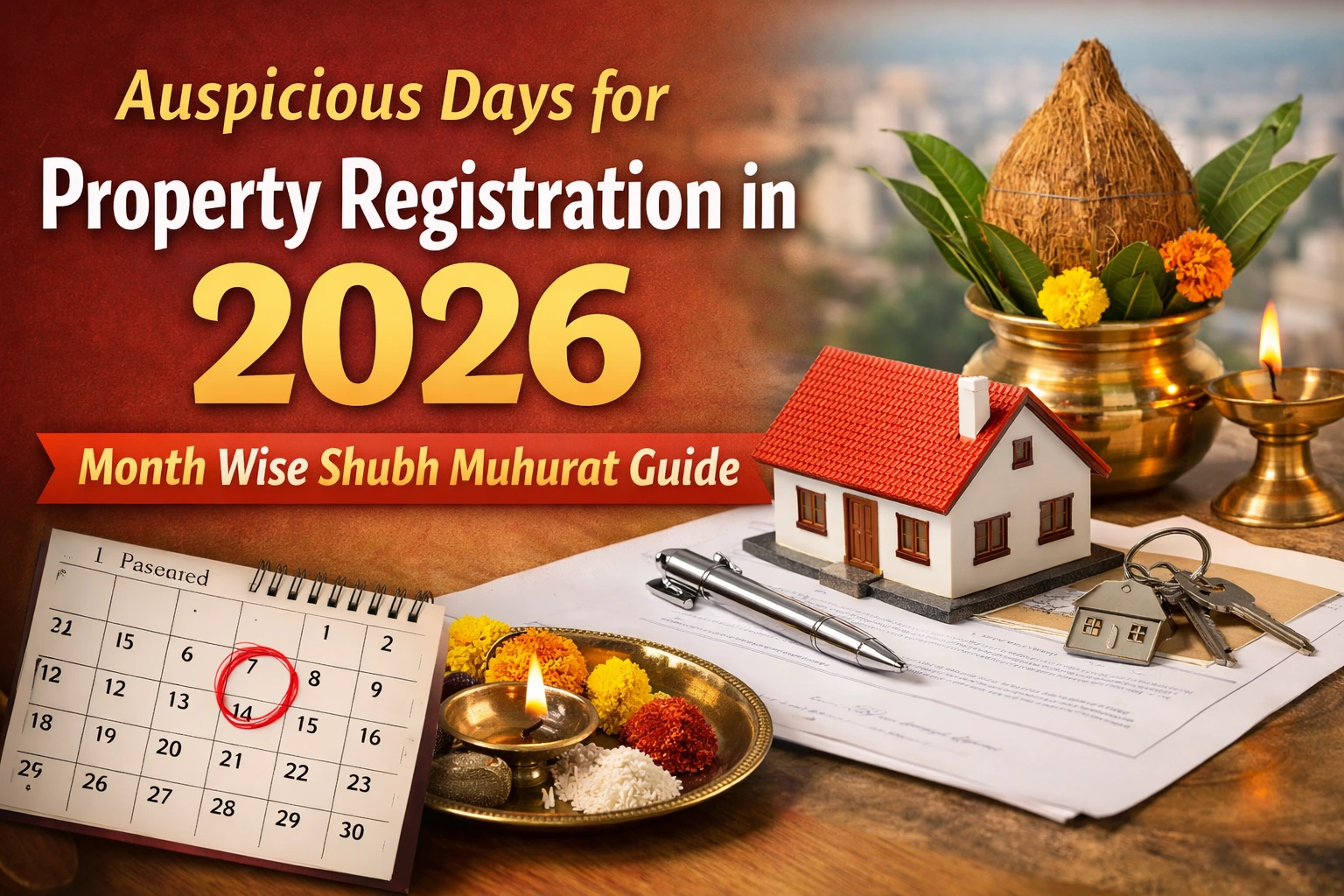
February 6, 2026
215779+ views
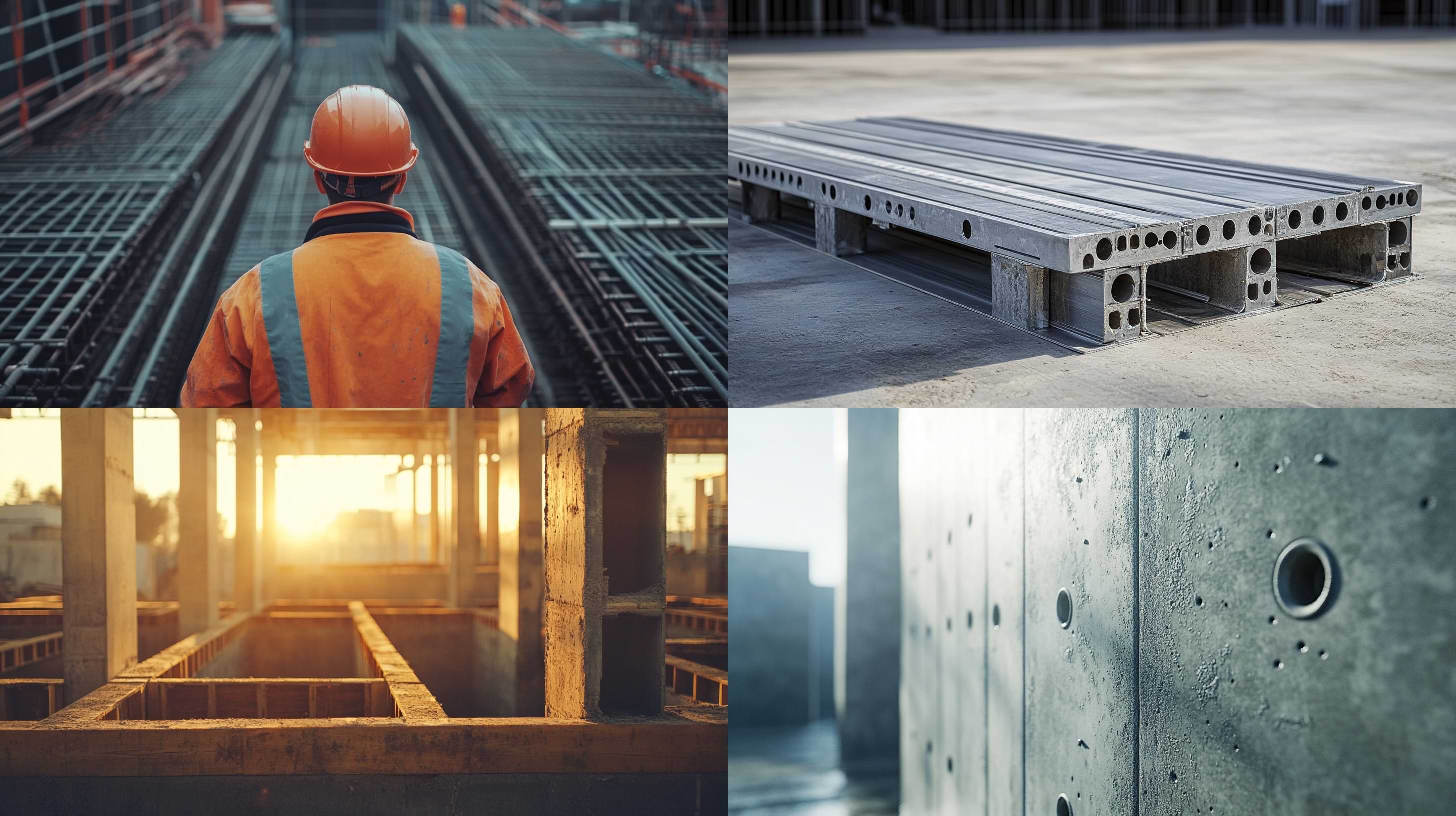
How Mivan Construction Technology Is Transforming the Art of Building!
January 31, 2025
184024+ views

CIDCO Lottery: Application Process, Eligibility, Flat Prices and Dates in 2026
April 30, 2025
138910+ views
Recent blogs in
February 19, 2026 by Krishnanunni H M
Top 10 Construction Companies in Ghaziabad: Leading Builders and Developers List in 2026
February 19, 2026 by Kruthi
Top 10 Construction Companies In Jaipur for Residential and Commercial Projects in 2026
February 19, 2026 by Krishnanunni H M
10 Best Construction Companies In Pune: Trusted Builders and Contractors in 2026
February 18, 2026 by Kruthi








 Full RM + FRM support
Full RM + FRM support

Join the conversation!